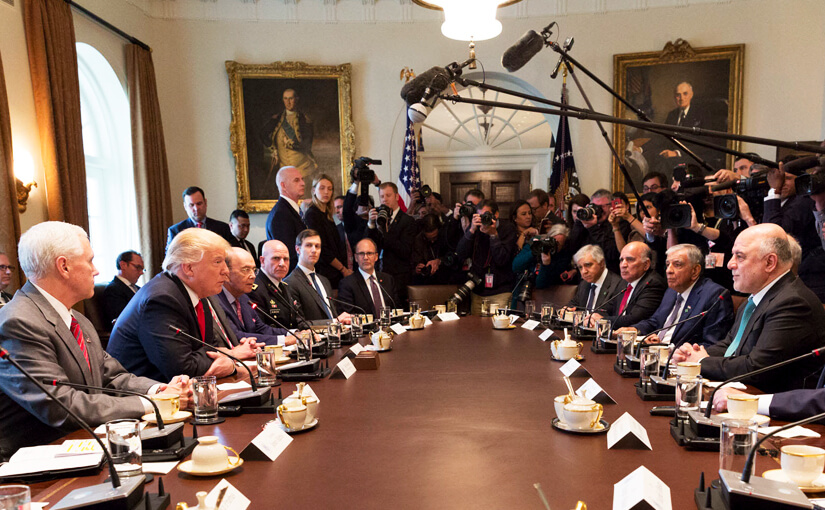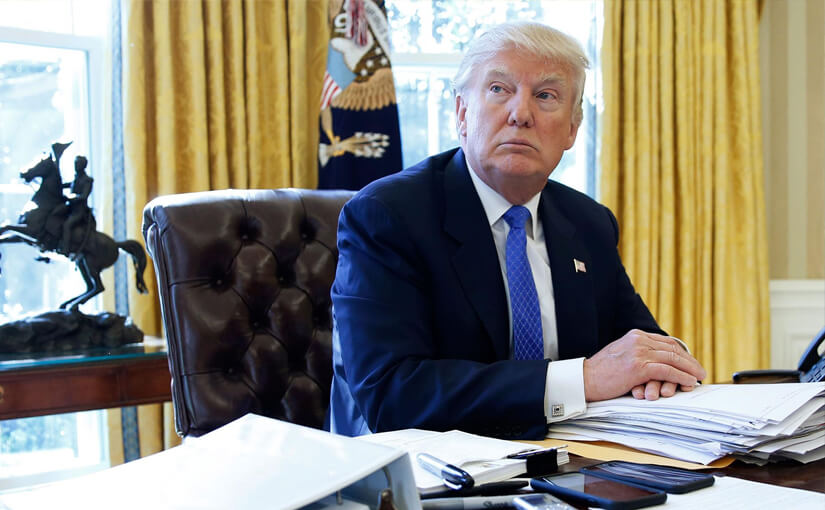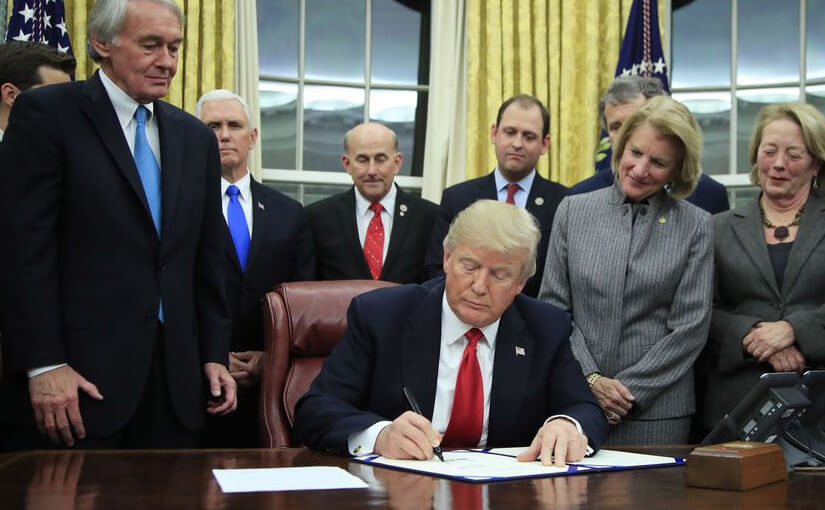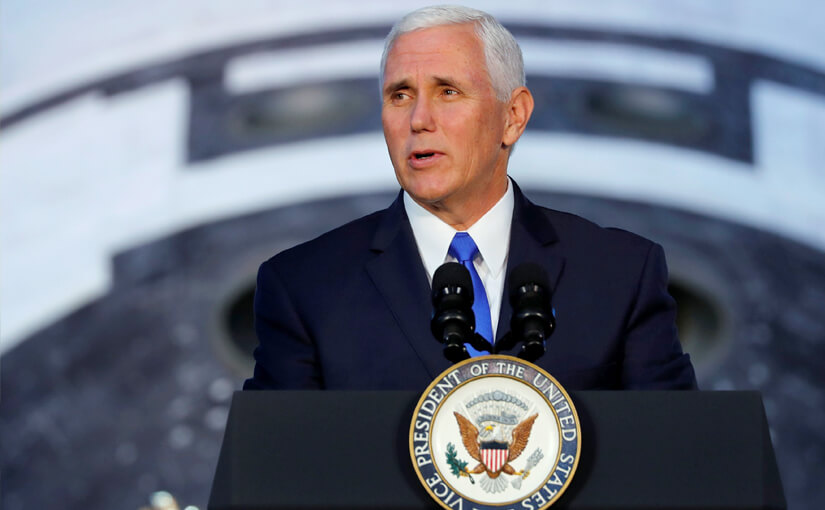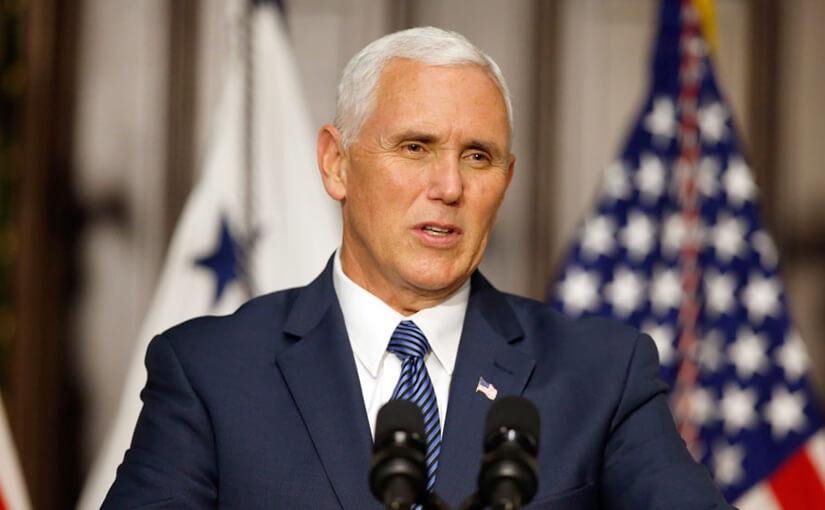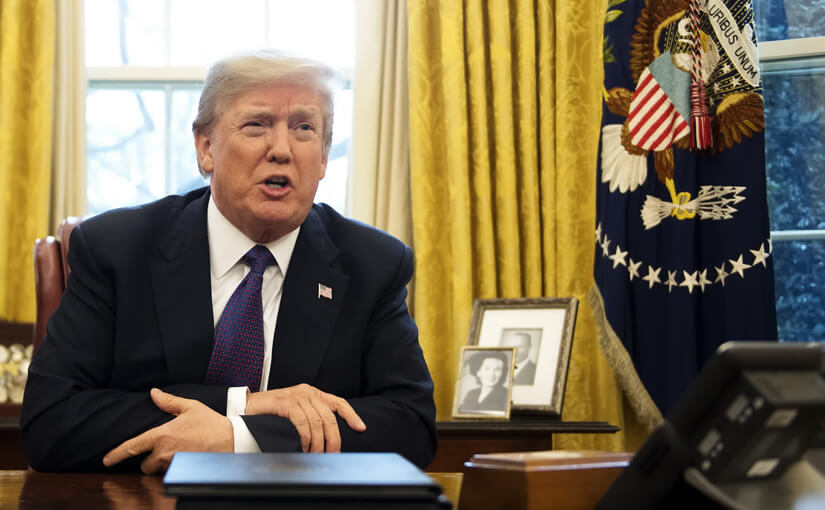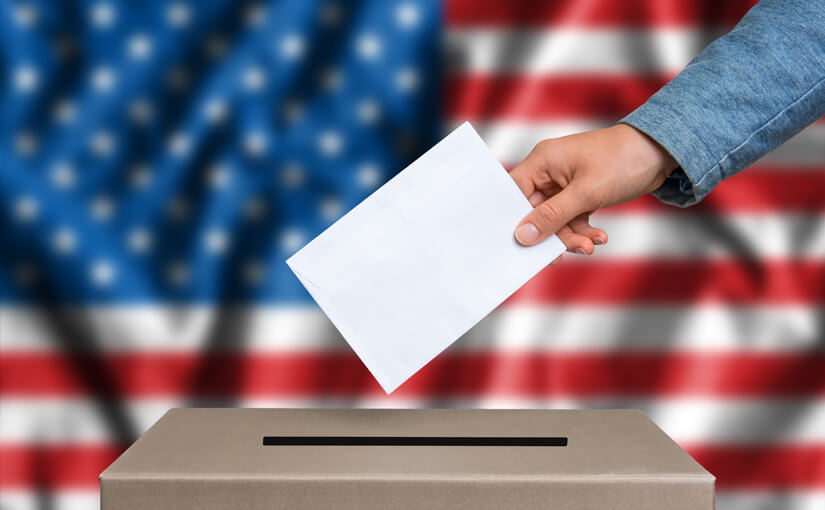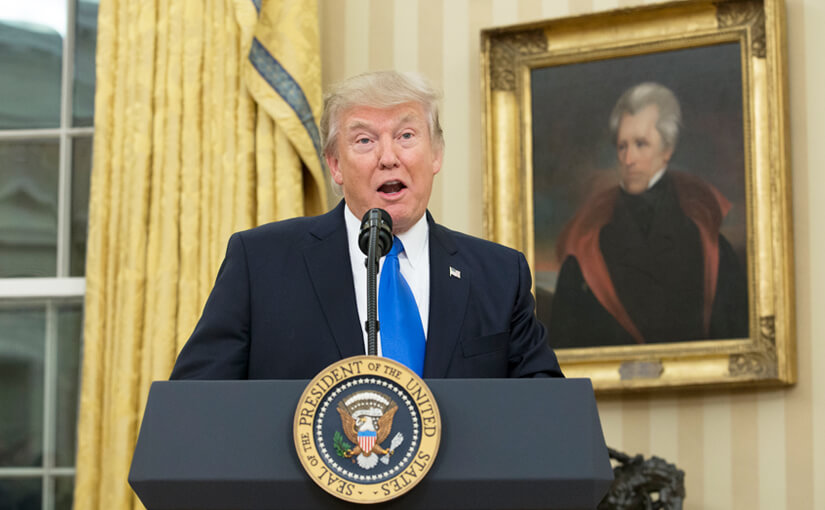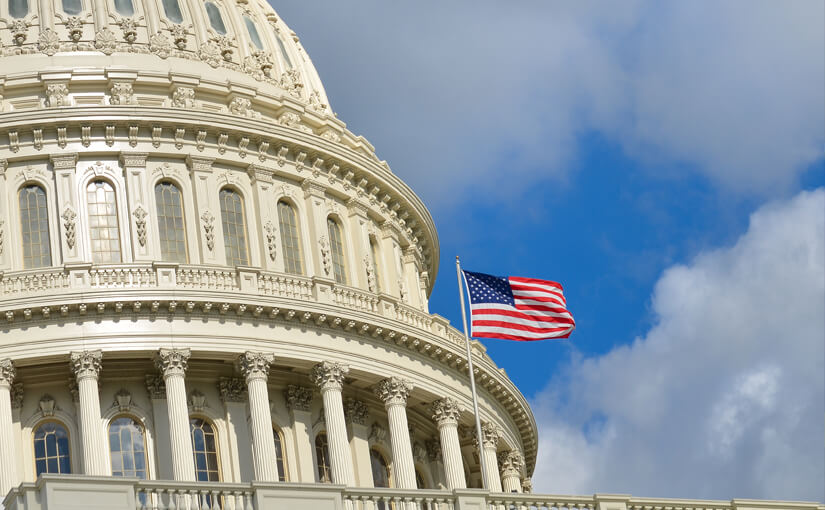Advises the President The Constitution says that the leaders of the executive departments should advise the president. These department leaders, most of them called “secretaries,” make up the cabinet. The president nominates the cabinet members to be his advisors. For a nominee to be confirmed, a majority of the Senate must approve the nominee. Throughout history, presidents have been able
34. Who vetoes bills?
The President The president has veto power. This means that the president can reject a bill passed by Congress. If the president vetoes a bill, he prevents it from becoming a law. The president can send the bill back to Congress unsigned. Often he will list reasons why he rejects it. The president has 10 days to evaluate the bill. If the
33. Who signs bills to become laws?
The President Every law begins as a proposal made by a member of Congress, either a senator (member of the Senate) or representative (member of the House of Representatives). When the Senate or House begins to debate the proposal, it is called a “bill.” After debate in both houses of Congress, if a majority of both the Senate and House vote to
32. Who is the Commander in Chief of the military?
The President The Founding Fathers strongly believed in republican ideals. A republic is a government where a country’s political power comes from the citizens, not the rulers, and is put into use by representatives elected by the citizens. That is why they made the president the commander in chief. They wanted a civilian selected by the people. They did not want a professional military leader. The
30. If the President can no longer serve, who becomes President?
The Vice President If the president dies, resigns, or cannot work while still in office, the vice president becomes president. For this reason, the qualifications for vice president and president are the same. A vice president became president nine times in U.S. history when the president died or left office. William Henry Harrison died in office in 1841. Zachary Taylor
29. What is the name of the Vice President of the United States now?
Michael Richard Pence Mike Pence Pence ** As you prepare for U.S. citizenship, Learn About the United States: Quick Civics Lessons will help you study for the civics and English portions of the naturalization interview. There are 100 civics (history and government) questions on the naturalization test. During your naturalization interview, you will be asked up to 10 questions from
28. What is the name of the President of the United States now?*
Donald J. Trump Donald Trump Trump * If you are 65 or older and have been a permanent resident of the United States for 20 or more years, you may study just the questions marked with an asterisk. ** As you prepare for U.S. citizenship, Learn About the United States: Quick Civics Lessons will help you study for the civics
27. In what month do we vote for President?*
November The Constitution did not set a national election day. In the past, elections for federal office took place on different days in different states. In 1845, Congress passed legislation to designate a single day for all Americans to vote. It made Election Day the Tuesday after the first Monday in November. Congress chose November because the United States was
26. We elect a President for how many years?
Four (4) Early American leaders thought that the head of the British government, the king, had too much power. Because of this, they limited the powers of the head of the new U.S. government. They decided that the people would elect the president every four years. The president is the only official elected by the entire country through the Electoral
25. Why do some states have more Representatives than other states?
(Because of) the state’s population (Because) they have more people (Because) some states have more people The Founding Fathers wanted people in all states to be represented fairly. In the House of Representatives, a state’s population determines the number of representatives it has. In this way, states with many people have a stronger voice in the House. In the Senate,


